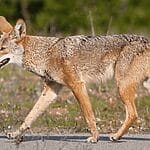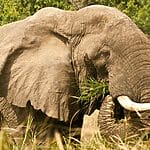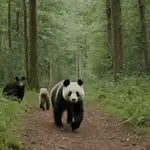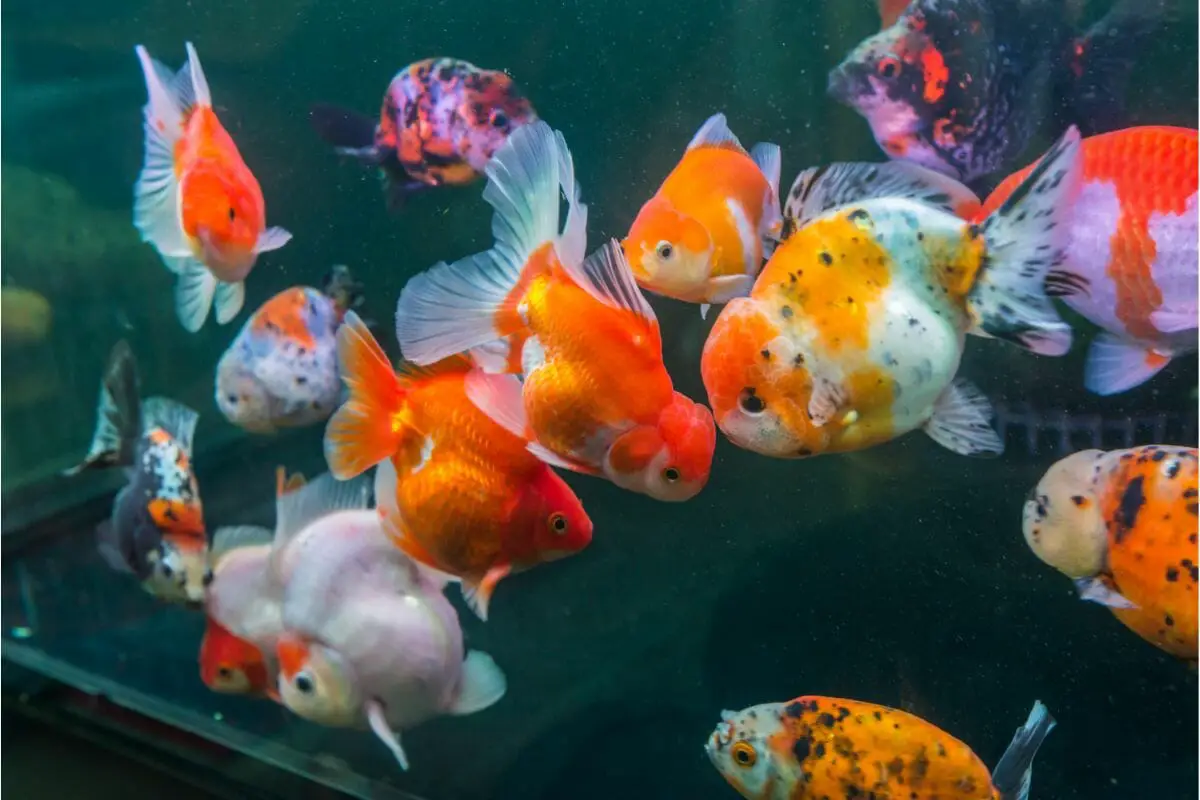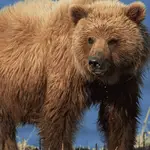Curious about which creature’s memory fades the fastest? It’s a question that has puzzled many, and the answer is more complex than the myth of the forgetful goldfish. Unraveling this mystery reveals the intricate workings of animal cognition and the evolutionary necessities that shape it.
Dive into our exploration of fleeting memories in the animal kingdom, where we debunk misconceptions and uncover the surprising truths about who really has the shortest memory span.
Key Takeaways:
- Goldfish have been mistakenly labeled as having the shortest memory; scientific evidence has shown they can remember for months, debunking the myth of their three-second memory span.
- Invertebrates, particularly certain insect species, are likely to have the shortest memory spans due to their simpler nervous systems and shorter lifespans, which reduce the need for long-term memory retention.
- Memory spans in animals are influenced by various factors, including lifespan, brain size, and survival necessities, with shorter-lived species generally requiring less memory capacity.
- Memory in animals serves critical survival functions, aiding in locating food, avoiding predators, navigating environments, and social interactions, with each species having memory capabilities adapted to their specific ecological roles.
- The complexity of measuring memory across different animal species presents challenges due to communication barriers, the risk of anthropomorphism, and the need for species-appropriate testing methods.
What Animal Has the Shortest Memory?
Invertebrates, particularly certain insect species, are suggested to have the shortest memories in the animal kingdom.
| Category | Details |
| Shortest Memory | – Invertebrates, especially certain insect species, are suggested to have the shortest memories. |
| Goldfish Myth | – Contrary to popular belief, goldfish do not have a mere few seconds of memory but can remember things for months. |
| Memory Measurement | – Memory spans are studied using mazes, visual cues, and conditioning with findings showing variations across species due to factors like lifespan and brain size. |
| Invertebrates | – Exhibit shorter memory spans, with studies on fruit flies showing they can learn but forget quickly. |
| Goldfish | – Demonstrated the ability to navigate mazes, remember feeding routines, and differentiate between musical compositions, debunking the short memory myth. |
| Memory Factors | – Memory span is influenced by factors such as lifespan, necessity for survival skills, and brain complexity. |
| Evolutionary Perspective | – Memory features, including short and long-term recall, evolved differently across species based on environmental and survival needs. |
The Animal with the Shortest Memory
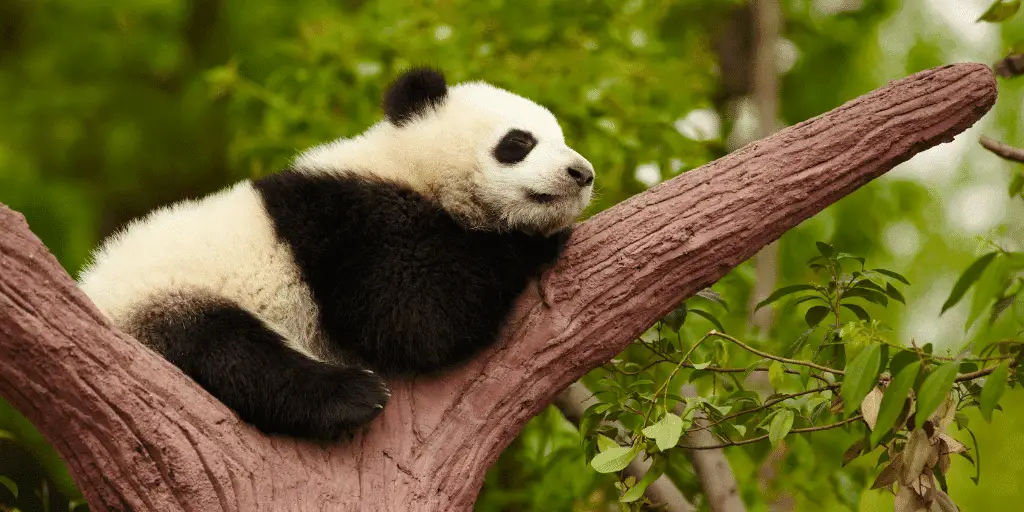
When we think about memory, we often consider our own ability to recall events, facts, and experiences. But what about the memory of animals? It’s a fascinating subject that has intrigued scientists for decades.
Among the myriad of creatures in the animal kingdom, one question that frequently surfaces is: which animal has the shortest memory? The answer might surprise you.
Contrary to popular belief, the goldfish, often cited as having a mere few seconds of memory, is not the holder of this dubious title. In fact, scientific studies have shown that these aquatic pets can remember things for months.
So, if not the goldfish, then who? Research suggests that animals with the shortest memory spans are typically invertebrates, such as certain species of insects. However, pinpointing the exact species is complex due to the vast diversity of life forms and the varying methods of measuring memory.
Identifying the Species with the Least Memory Retention
Memory retention in animals is gauged through a variety of techniques, from observing natural behaviors to conducting controlled experiments. These methods aim to understand how creatures learn and remember, or in some cases, quickly forget.
For instance, scientists have used mazes, visual cues, and conditioning to test the memory spans of different species.
Insects, with their relatively simpler nervous systems, often exhibit shorter memory spans. A study on fruit flies, for example, revealed that they could be trained to avoid certain odors associated with a negative stimulus, but the memory of this association diminished rapidly over time. This suggests that while they are capable of learning, their retention of that knowledge is fleeting.
Comparing across species, researchers have found that memory span can be influenced by factors such as lifespan, brain size, and the necessity for survival skills.
Animals with shorter lifespans may not require long-term memory in the same way that longer-lived species do. Consequently, the creature with the shortest memory is likely to be one with a brief lifespan and less complex neural architecture.
Goldfish and Memory Myths
Now, let’s circle back to the goldfish. The myth of their three-second memory is widespread, but it doesn’t hold water. Scientific evidence has debunked this claim, showing that goldfish can perform tasks that require memory retention far beyond a few seconds.
In controlled experiments, goldfish have demonstrated the ability to navigate mazes, remember feeding routines, and even distinguish between different classical music compositions.
So why does the myth persist? It may stem from a misunderstanding of animal behavior or from underestimating the cognitive abilities of non-mammalian species.
The truth is, goldfish have a memory span that can last months, which is quite impressive for an animal of their size and brain complexity.
In conclusion, while the goldfish has been exonerated from the claim of having the shortest memory, the search for the true titleholder continues.
It’s a challenging quest, as memory is a complex and multifaceted aspect of animal behavior. What is clear is that memory spans across the animal kingdom are as diverse as the animals themselves, with each species adapted to remember just what they need to survive and thrive in their unique environments.
Exploring Memory in the Animal Kingdom
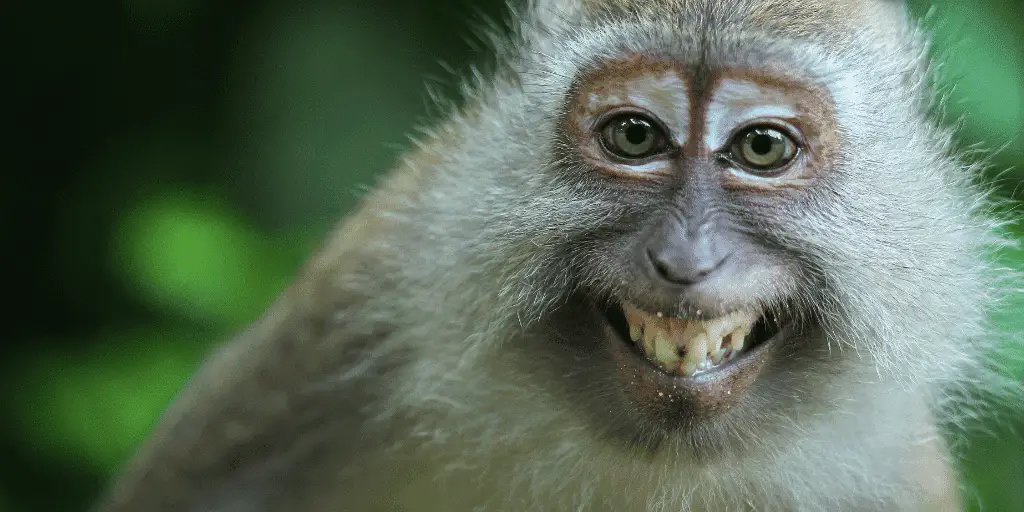
Memory is a fascinating feature of the animal kingdom, serving as a vital tool for survival. It’s not just about recalling where food is located or recognizing potential threats; memory is an intricate system that varies widely among different species.
From the short-term recall needed by a frog to snatch a passing fly to the complex spatial memory of a dolphin navigating the vast ocean, memory functions are as diverse as the animals themselves.
Understanding memory in animals is not just about quantifying their recall abilities; it’s about appreciating how these cognitive skills are crucial for their daily lives and continued existence.
Memory aids in finding mates, caring for offspring, securing territory, and so much more. It’s a key evolutionary trait that can give a species an edge in the competitive game of life.
How Animal Memory Works
The biological and neurological underpinnings of memory in animals are a testament to the complexity of life. Memories are formed when experiences trigger patterns of nerve cell activity that strengthen the connections between these cells.
Over time, these connections, or synapses, can become more efficient, allowing for quicker and more robust recall.
- Neurology: The brain’s hippocampus and amygdala are critical for memory formation and retrieval.
- Biology: Hormones and proteins play a role in strengthening synapses, which is essential for memory consolidation.
Animals exhibit a range of behaviors, from instinctual to learned. Instinctual behaviors are innate and require no prior experience or memory. In contrast, learned behaviors are acquired through interaction with the environment and rely heavily on memory.
A bird learning a song or a dog navigating an agility course are examples of learned behaviors that depend on the ability to remember and improve over time.
The Role of Memory in Survival and Evolution
Memory is not just a neat trick of the mind; it’s a life-or-death matter in the wild. An animal’s ability to remember can mean the difference between finding a meal and starving, evading a predator and becoming prey, or successfully raising young to continue the species.
- Finding Food: Animals use memory to recall the locations of fruitful foraging spots or to remember the technique to crack open a nut.
- Avoiding Predators: Remembering the warning signs of a predator’s presence can help an animal steer clear of danger.
- Navigation: Many species migrate thousands of miles and rely on memory to guide them back to breeding grounds or wintering habitats.
These survival tactics are not just about the individual but also play a significant role in the evolutionary success of a species. Animals with better memory can adapt more effectively to changes in their environment, find more food, and produce more offspring, passing on their superior memory genes.
Memory Span Across Different Animal Classes
The memory span of animals can be as varied as the species themselves. When we compare different classes, some intriguing patterns emerge:
- Mammals: Often show remarkable memory abilities, with elephants remembering watering holes and primates engaging in complex social behaviors based on past interactions.
- Birds: Known for impressive feats of memory, such as the Clark’s nutcracker, which can recall the locations of thousands of seeds it has buried.
- Reptiles: Generally have more limited memory spans, but some, like certain tortoises, can learn and remember tasks for significant periods.
- Fish: While goldfish have debunked the myth of a mere three-second memory, other fish species vary widely in their memory capabilities.
These comparisons not only highlight the incredible adaptability of memory across the animal kingdom but also underscore the importance of memory in the evolutionary narrative.
Whether it’s a mammal, bird, reptile, or fish, memory plays a pivotal role in the life and success of animals. As we continue to study and understand these differences, we get closer to answering intriguing questions, such as which animal has the shortest memory, and why certain memory capabilities have evolved the way they have.
Notable Examples of Animals with Short Memories
While the animal kingdom is teeming with remarkable examples of memory, there are certain animals that are known, or at least popularly believed, to have shorter memories.
These creatures often rely more on instinct or have developed other adaptations to thrive in their environments. Let’s explore some specific animals that fall into this category and the studies that shed light on their memory capabilities.
Insects and Memory: A Look at Bees
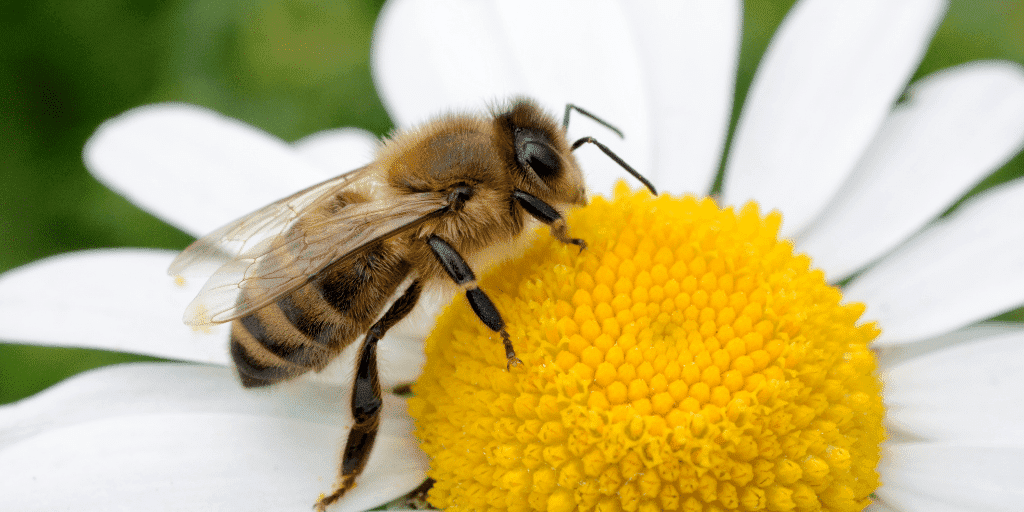
Bees are often celebrated for their complex social structures and communication skills, but how do they fare in the memory department? Research indicates that bees actually have quite impressive memories, especially when it comes to foraging and navigation.
They use spatial memory to recall the location of flowers and can even remember the sequence of flowers they visit. Studies have shown that:
- Bees can learn to associate certain colors and patterns with food rewards.
- They can remember these associations for several days, sometimes even longer.
This suggests that while bees may have some limitations in memory when compared to larger animals, their cognitive abilities are finely tuned to their ecological roles.
Rodents on the Clock: Memory in Hamsters
Hamsters, with their nocturnal habits and burrowing lifestyles, might not strike you as memory champions. However, they do possess the ability to remember and navigate their complex tunnel systems. Experiments have shown that:
- Hamsters can learn and remember the pathways to food sources.
- They use a combination of spatial memory and scent trails to find their way.
These findings indicate that hamsters have a functional memory system that supports their survival strategies, even if it’s not as long-lasting or as complex as that of some other animals.
Birds and Recall: Do Turkeys Really Forget?
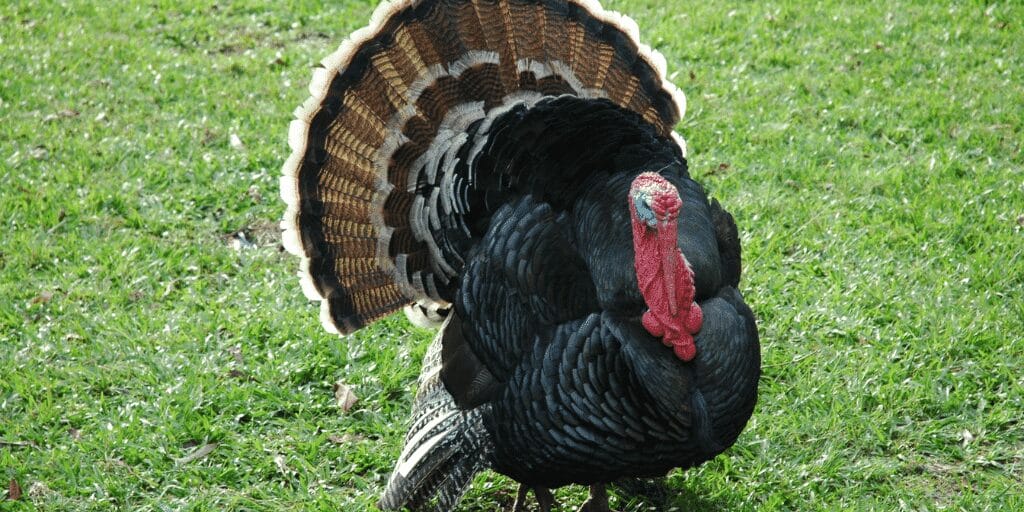
Turkeys have been the subject of many myths regarding their intelligence and memory. Contrary to some claims, turkeys do not have a ‘three-second memory.’ In fact, studies on turkey behavior have revealed that:
- Turkeys can remember the locations of food sources and feeding times.
- They have social memories, recognizing and forming hierarchies among their flock.
This evidence suggests that while turkeys may not have the most sophisticated memory systems, they are certainly not as forgetful as some myths would suggest.
Marine Life and Memory: Analyzing Seals
Seals are adept at navigating the vast and often featureless marine environment, which implies a certain level of memory capability. Research into seal memory has uncovered that:
- Seals can remember the locations of breeding sites and feeding grounds over long periods.
- They have shown the ability to learn and remember tasks in experimental settings.
These findings highlight that seals have developed memory abilities that are essential for their survival in the aquatic world, allowing them to thrive in a habitat where landmarks are scarce.
Reptilian Memory: Understanding Snakes
Snakes may not be the first animals that come to mind when thinking about memory, but they do exhibit behaviors that suggest a capacity for memory. Scientific studies into snake cognition are somewhat limited, but observations indicate that:
- Snakes can remember the location of their dens and return to them after hunting trips.
- They may use chemical cues in their environment to aid in navigation and hunting.
While the scope of a snake’s memory might be narrow compared to other animals, it is evidently sufficient for the needs of their survival and hunting tactics.
While these animals may not have the longest memories in the animal kingdom, they each possess memory capabilities that are specialized for their particular way of life.
The search for the animal with the absolute shortest memory continues, but it’s clear that memory, in all its forms, is a vital part of life for creatures great and small.
Measuring Memory in Non-Human Species
When we set out to measure memory in animals, we embark on a journey filled with both innovation and complexity. Researchers have developed a suite of methods to test and quantify memory capabilities in non-human species, each tailored to uncover different facets of an animal’s ability to remember.
These methods are crucial in our quest to understand which animal has the shortest memory span, as they provide the empirical data needed to make informed comparisons.
Techniques for Testing Memory in Animals
The techniques used to assess memory in animals are as varied as the species themselves. Here’s a glimpse into some of the methods researchers employ:
- Maze Tests: Often used with rodents, these tests evaluate an animal’s ability to remember the path to a reward, such as food.
- Object Recognition Tests: These assess whether an animal can remember objects it has encountered before, which is helpful in studying animals like birds and primates.
- Conditioning Experiments: Animals are trained to associate a particular stimulus with a reward or punishment, testing their ability to recall this association over time.
Each of these tests is designed to measure different aspects of memory, from spatial navigation to recognition and associative learning. They provide a window into the cognitive world of animals, revealing how memory functions across various contexts and environments.
Challenges in Assessing Animal Memory
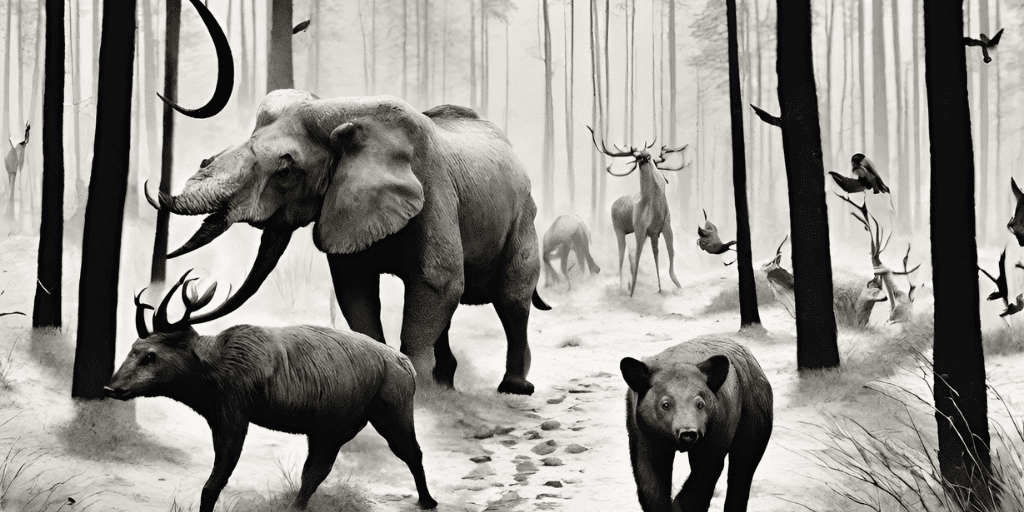
Despite the advances in research methods, assessing memory in animals is fraught with challenges. Researchers must navigate a minefield of potential biases and barriers:
- Anthropomorphism: The tendency to attribute human characteristics to animals can skew interpretations of their behavior.
- Communication Barriers: Unlike humans, animals cannot verbally communicate their memories, so researchers must infer memory capabilities through behavior.
- Cross-Species Testing: Ensuring that memory tests are fair and accurate across different species is a significant hurdle, as each animal has unique sensory and cognitive abilities.
These challenges require researchers to be both creative and cautious in their approach to studying animal memory. By continuously refining their methods and acknowledging the limitations, scientists can provide more accurate insights into the memory spans of various creatures, inching closer to identifying those with the shortest memories.
Comparing Short-Term and Long-Term Memory in Animals
In the vast tapestry of animal cognition, memory plays a starring role. It’s not just about remembering—it’s about survival. But not all memories are created equal. In the animal kingdom, the distinction between short-term and long-term memory can mean the difference between catching a meal and becoming one.
Let’s dive into the nuances of these memory types and explore the animals that navigate their world through a fleeting or enduring recollection.
Defining Short-Term and Long-Term Memory in the Animal World
Short-term memory in animals is like a quick glance at a map before a journey—it’s temporary and holds information just long enough for it to be used. Long-term memory, on the other hand, is the map itself, stored and folded away for future reference. Here’s a closer look at each:
- Short-term memory is the brain’s scratchpad, holding bits of information for a brief period, typically seconds to minutes.
- Long-term memory is the archive, capable of storing information for extended periods, from days to a lifetime.
The biological basis for these memory types varies among species, but generally, short-term memory involves transient neural processes, while long-term memory involves more permanent changes in the brain’s structure. These memory functions serve different roles:
- Short-term memory allows animals to respond immediately to their environment, crucial for tasks like escaping predators.
- Long-term memory helps animals remember important locations, recognize individuals, and learn from past experiences, which is vital for social interactions and survival.
Species Known for Short-Term Memory Proficiency
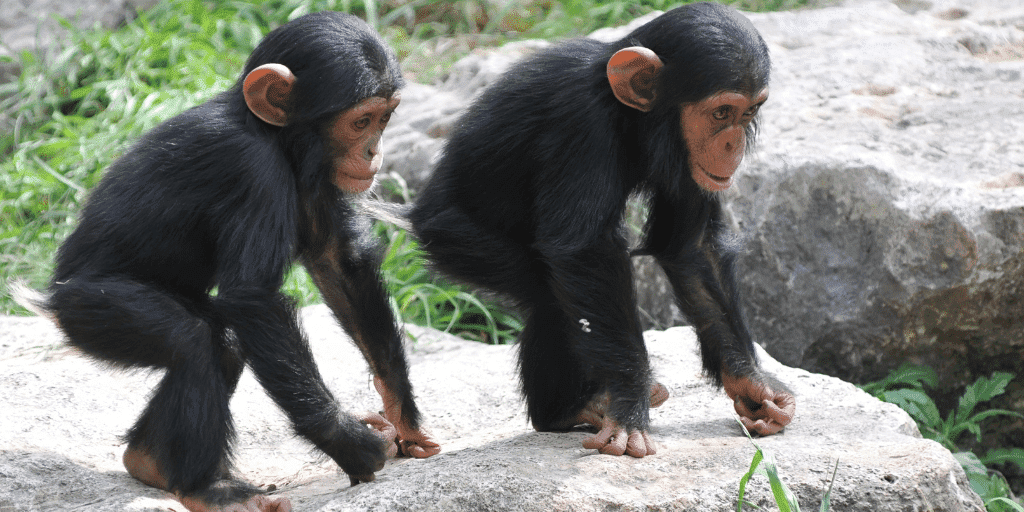
Certain animals are masters of the moment, their short-term memory giving them an edge in their ecological niches. Here are some species that excel in short-term memory tasks:
- Chimpanzees: These primates have demonstrated remarkable short-term memory abilities, especially in tasks that require them to remember numbers or the location of items.
- Pigeons: Known for their homing abilities, pigeons also excel in laboratory tests that require them to remember colors and shapes for short periods.
- Honeybees: Despite their small brains, honeybees have shown the ability to remember floral traits, like colors and patterns, which helps them in foraging.
Studies have illustrated these capabilities in various ways, such as the famous experiment with Ayumu, a chimpanzee who could recall the sequence of numbers on a screen faster and more accurately than humans.
These examples of short-term memory proficiency are not just party tricks; they’re adaptations that have real-world implications for the animals’ behavior and survival. Whether it’s a chimpanzee remembering where it saw a fruit tree or a bee recalling the location of a flower, short-term memory is a tool that many species wield with precision.
In the quest to understand which animal has the shortest memory, it’s essential to consider both short-term and long-term memory capabilities. While some animals may quickly forget, others retain information just long enough to use it to their advantage.
The intricacies of memory in the animal kingdom continue to captivate scientists and laypeople alike, as each discovery brings us closer to understanding the minds of our fellow inhabitants on this planet.
Factors Affecting Memory in Animals
Just as a garden’s growth is influenced by the soil, sunlight, and care it receives, an animal’s memory is shaped by a variety of factors. Genetics, environment, age, and experience all play a role in the development and function of memory across different species.
These factors can either enhance the sharpness of an animal’s memory or lead to its decline, impacting not just individual survival but also the evolutionary trajectory of the species.
The Impact of Environment on Memory
An animal’s surroundings are a canvas on which its memory is painted. The environment provides stimuli that can either strengthen or weaken memory capabilities. Here’s how:
- Stimuli: A stimulating environment with a variety of sights, sounds, and smells can enhance cognitive functions, including memory.
- Resource availability: Abundant resources may reduce the need for a strong memory, while scarce resources can drive the development of better memory to locate food and water.
- Social interactions: Animals in complex social groups often develop better memory to recognize individuals and understand social hierarchies.
Studies have shown that environmental enrichment can lead to neurogenesis, the creation of new brain cells, which in turn supports memory function. Conversely, environments that are impoverished or stressful can impair memory formation and recall.
Genetic Influences on Memory Capacity
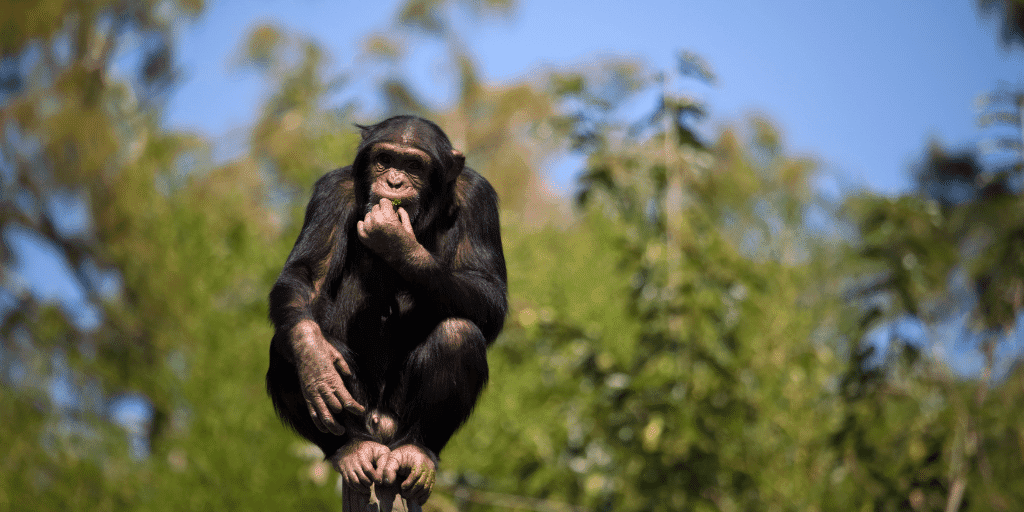
Just as a family might pass down heirlooms, genetics can bequeath traits that influence memory. Some animals are genetically predisposed to have better memory capabilities, which can be a significant advantage in the wild. Research has identified genetic markers associated with memory, including:
- Genes related to brain size and structure: Certain genes influence the development of brain regions involved in memory.
- Genetic mutations: Some mutations can impair memory, while others may enhance it.
- Inherited behaviors: Traits such as migration patterns, which rely on memory, can be inherited from one generation to the next.
Research findings have linked genetics to memory abilities in animals, demonstrating that memory capacity can be a heritable trait. For instance, studies on fruit flies have identified specific genes that affect their ability to form and retain memories.
In the quest to understand which animal has the shortest memory, considering these factors is crucial. They provide context to why certain species may have developed a less robust memory system, while others boast impressive recall abilities. Memory is not just a static ability but a dynamic one, sculpted by the interplay of genetics, environment, age, and experience.
FAQs on Animal Memory
When it comes to animal memory, there’s a trove of questions that pique our curiosity. Let’s tackle some of the most common inquiries and clear up any misconceptions about this fascinating aspect of animal cognition.
Do All Animals Have the Same Type of Memory?
The short answer is no; not all animals have the same type of memory. Memory in the animal kingdom is as diverse as the animals themselves. Here are a few examples to illustrate this diversity:
- Chimpanzees have shown remarkable working memory, similar to humans, for tasks involving numbers and sequencing.
- Dogs can remember commands and tricks, demonstrating associative memory, but they also have episodic-like memory to recall past events.
- Cephalopods, like octopuses, have a strong short-term memory that aids in their problem-solving abilities.
These differences are due to a variety of factors, including brain structure, ecological needs, and evolutionary history.
How Does Memory Affect an Animal’s Behavior?
Memory has a profound impact on an animal’s behavior, influencing everything from basic survival instincts to complex social interactions. Here’s how:
- Decision-making: Memory allows animals to make informed decisions based on past experiences, like avoiding a predator they’ve encountered before.
- Problem-solving: Animals use memory to solve problems, such as remembering the location of hidden food or figuring out how to navigate mazes.
- Social interactions: Many animals rely on memory to recognize and interact with other members of their species, which is crucial for mating and forming social bonds.
Behavioral studies have demonstrated these connections, showing that animals with better memory often have an advantage in their natural habitats.
Can Animal Memory Be Improved?
Research suggests that, much like humans, animals can improve their memory. Two main ways to enhance memory in animals are through training and environmental enrichment. Here’s what studies have found:
- Training: Repetitive learning and conditioning can strengthen an animal’s memory. For example, dogs trained in obedience or performing tasks tend to have better memory retention.
- Environmental enrichment: Providing a stimulating environment with new experiences and challenges has been shown to improve memory in animals. This is true for pets like dogs and cats, as well as animals in zoos and sanctuaries.
These findings indicate that while genetics and species-specific traits set a baseline for memory capabilities, there is room for improvement through external factors. Whether an animal’s memory can be improved to the point of changing its ranking in terms of memory span is a more complex question and requires further research.
- What Should I Do If A Koala Bites Me? Safety Guide - 2024-05-30
- Are Kangaroos Born Without Hind Legs? A Fascinating Journey - 2024-05-30
- Animals That Look Like Squirrels - 2024-05-30

